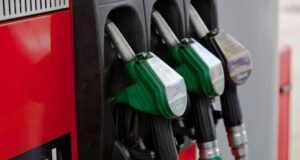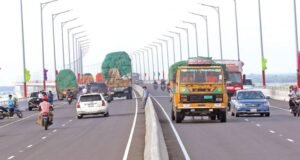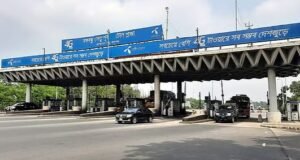 The Economist in its latest issue commented that it is unclear whether there is any peaceable way out in Bangladesh. An article of the London-based news magazine titled ‘Politics in Bangladesh on the boil,’ said an adviser to Mrs Zia thinks a UN-monitored election would be one possibility. However, the UN squandered much of its credibility in this context during the time of a coup in 2007. One of Sheikh Hasina’s advisers says that the BNP simply must “wait till 2019”, ie the next election, for satisfaction. In the meantime, the economy continues to suffer. Street protests are preventing some of the massive garment industry’s production from reaching the market, which is in turn reducing the volume of orders, all to the dismay of business leaders and the rest of Dhaka’s elite. Some of them think another kind of change might be imminent. If the army, Bangladesh’s third political force, grows impatient over the appalling behaviour of the civilian politicians and turfs them all out, it would not be the first time. The country’s more important foreign partners—America, India and Saudi Arabia, for example—will not be pleased by the prospect of democracy in Bangladesh collapsing outright, yet again. India’s prime minister, Narendra Modi, is expected to visit soon. He could lend moral support to Sheikh Hasina for her fierce opposition to Islamist extremism, but he would also like to see Bangladeshi politics looking as stable, and moderate, as possible. Normally a visiting Indian leader expects, at a minimum, to meet the main leader of the opposition on such a trip. That could prove tricky this time around.
The Economist in its latest issue commented that it is unclear whether there is any peaceable way out in Bangladesh. An article of the London-based news magazine titled ‘Politics in Bangladesh on the boil,’ said an adviser to Mrs Zia thinks a UN-monitored election would be one possibility. However, the UN squandered much of its credibility in this context during the time of a coup in 2007. One of Sheikh Hasina’s advisers says that the BNP simply must “wait till 2019”, ie the next election, for satisfaction. In the meantime, the economy continues to suffer. Street protests are preventing some of the massive garment industry’s production from reaching the market, which is in turn reducing the volume of orders, all to the dismay of business leaders and the rest of Dhaka’s elite. Some of them think another kind of change might be imminent. If the army, Bangladesh’s third political force, grows impatient over the appalling behaviour of the civilian politicians and turfs them all out, it would not be the first time. The country’s more important foreign partners—America, India and Saudi Arabia, for example—will not be pleased by the prospect of democracy in Bangladesh collapsing outright, yet again. India’s prime minister, Narendra Modi, is expected to visit soon. He could lend moral support to Sheikh Hasina for her fierce opposition to Islamist extremism, but he would also like to see Bangladeshi politics looking as stable, and moderate, as possible. Normally a visiting Indian leader expects, at a minimum, to meet the main leader of the opposition on such a trip. That could prove tricky this time around.
 Weekly Bangla Mirror | Bangla Mirror, Bangladeshi news in UK, bangla mirror news
Weekly Bangla Mirror | Bangla Mirror, Bangladeshi news in UK, bangla mirror news







